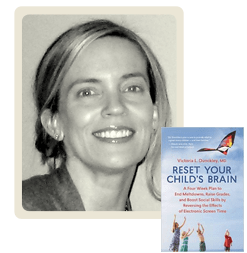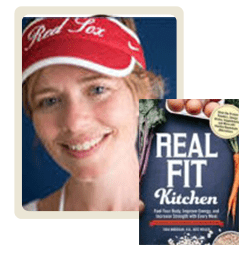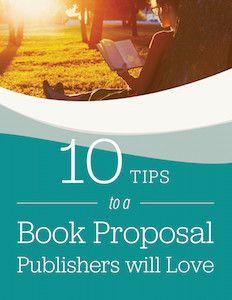 Do you feel overwhelmed when thinking about how to write a book proposal?
Do you feel overwhelmed when thinking about how to write a book proposal?
If so, you’re not alone.
One key is to break it down into small bits.
Before you write your proposal, you need to get very clear about the book you’re writing.”
Here are 5 first steps to write a successful book proposal, steps that can help you choose the write book, save time and write a more effective proposal. Plus, these steps will help prevent you from getting overwhelmed.
[bctt tweet=”5 First Steps to Write a Winning Book Proposal…”]

- Get Clear on Your Vision and Goals: It may sound simplistic, but I’ve met many an aspiring author who started out writing the wrong book because they skipped this step. If you skip this step you may end up trying to fit two books into one, or writing a book that’s more complicated than it needs to be, or one that isn’t going to get you where you truly want to go. So, take a deep breath and have fun with this step. This step is about imagination, envisioning the results of your book. This step should inspire you. What a great way to start!
- Ask, “Who am I writing for?”: Most first-time authors try for too broad an audience. The key is to be very clear about your core readers. If you try to write for everyone, no one will know the book is for them! When you are clear on a core readership, your title, anecdotes, language, examples, metaphors will all speak to your readers and resonate for them. You’ll know just what to put in each chapter and what information your readers need to know. You’ll know how much science or math or medicine to include and what to assume your readers know. You’ll address the concerns of your readers and understand their point of view, their pain, their goals, their dreams. When you try to go for too broad an audience, many times, you end up with no one. The crazy thing is, when you write for this core audience, other people will find your book as well.
- Research the Market: Talk to your core readership. Ask them about their experiences. Find out what they think and want. Ask them about the books they’ve read on the subject. What’s missing for them? Blogging can be a great way to get to know what topics get your readers excited (you’ll get more comments and social shares when they’re engaged).
- Brainstorm: From what you learn about your market, jot down ideas about what you want to put in your book and what may be better left unsaid. List ideas for features (science sidebars, experiential exercises, questions for reflection, cartoons, graphs, pictures or quotations), tone (playful, scientific, academic, nurturing, humorous or adventurous) and style (accessible, formal, short). Keep thinking from the point of view of your core readers and what would make the book most useful for them.
- Hit the Bookstore—Real and Virtual: Sure, an Amazon search has its place. You can quickly purchase ebooks and compare them to the book you want to write. Compare the books that yours would compete with and ask how they compare to what you have in mind. What features do they have? What’s the tone? How accessible or conversational are they? What works with these books? What could better serve your readers’ needs? Now, head to your favorite bookstore. Check out other books on your subject. In what sections do you find them? Self-help and psychology? Or do you find a few surprises in other sections as well? Which books seem to have
 struck a chord? Why? When Tara Mardigan, co-author of Real Fit Kitchen first began work on a book proposal, she took up my bookstore challenge. After sifting through books, she sat on a bench to listen and observe her potential readers in action:
struck a chord? Why? When Tara Mardigan, co-author of Real Fit Kitchen first began work on a book proposal, she took up my bookstore challenge. After sifting through books, she sat on a bench to listen and observe her potential readers in action:
“A woman in her late twenties said aloud to her friend, ‘Oh, I like that this book has recipes but there’s no way I’d have any of these ingredients in the house.’”
“A forty-five-year-old man told his girlfriend, ‘I just want to have permission to eat the stuff I want. Can any of these books help with that?’”
What will you learn from watching your potential readers?

As you can see, these first 5 steps to writing a book proposal are loaded with adventure, permission to get creative and opportunities to connect with others. Enjoy the process and you’ll end up writing a terrific book proposal. I often like to say that the more fun you have writing your book (and proposal), the more fun your readers will have when they read it.
For more tips on writing a winning book proposal, download my free report, 10 Tips to a Book Proposal Publishers Will Love.
And feel free to ask questions below!

